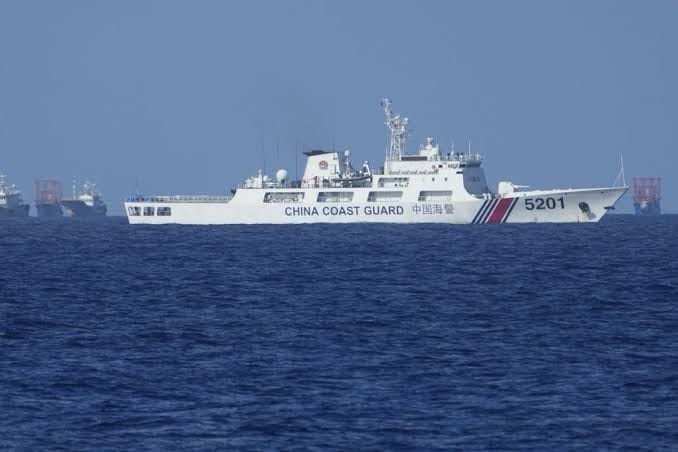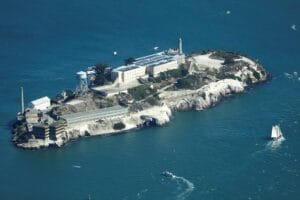Philippines enacts laws to assert South China Sea claims, sparking Beijing tension
The Philippines has enacted two laws that assert its maritime boundaries in the South China Sea, triggering a sharp rebuke from Beijing, which summoned Manila’s envoy to protest the action.

The Philippines has enacted two laws that assert its maritime boundaries in the South China Sea, triggering a sharp rebuke from Beijing, which summoned Manila’s envoy to protest the action.
President Ferdinand Marcos Jr. signed the Philippine Maritime Zones Act (Republic Act No. 12064) and the Philippine Archipelagic Sea Lanes Act (Republic Act No. 12065), which aim to delineate the country’s maritime zones according to the United Nations Convention on the Law of the Sea (UNCLOS). This legislation mandates designated sea lanes for foreign vessels and aircraft, an assertion of sovereignty over waters also claimed by China.
“With these pieces of legislation, we align our domestic laws with international law … improve our capacity for governance and reinforce our maritime policies for economic development and for national security,” Marcos declared, underscoring his administration’s commitment to safeguard national waters.
Also Read: Elon Musk endorses Rick Scott for Senate Majority Leader
China, which claims nearly the entire South China Sea, promptly summoned the Philippine envoy in Beijing, warning against “unilateral actions” that could escalate tensions. “Should the Philippines take any infringing or provocative actions in the South China Sea based on this law, China will respond resolutely,” cautioned Foreign Ministry spokeswoman Mao Ning, who criticized the legislation for “illegally” including parts of China’s claimed territory.
The new laws come at a time when Philippine and Chinese vessels are frequently clashing in contested waters. The legislation also aligns with the 2016 ruling by the Permanent Court of Arbitration, which invalidated China’s expansive claims in favor of Manila. Philippine Senator Francis Tolentino, who authored the Maritime Zones Act, called the law an enforcement of the 2016 ruling, emphasizing, “[N]umber two, for the first time, we’re now legislating the name ‘West Philippine Sea’.”
Meanwhile, Philippine military leaders expressed caution. Brig. Gen. Leo Fontanilla of the Philippine Air Force warned that the new laws could inadvertently allow Chinese military aircraft safe passage over contested areas.
As regional tensions heighten, Manila’s maritime claim reinforces its intent to assert sovereignty, while Beijing’s swift response signals a rising diplomatic standoff.










